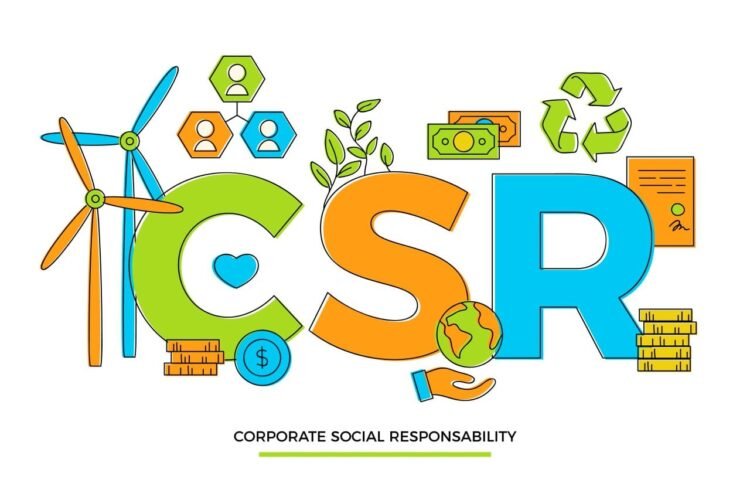By Ashish Kapoor
NEW DELHI (India CSR): Corporate social responsibility has matured substantially, especially over the last couple of decades and India has been at the forefront of this evolution. It was among the first nations to mandate that a certain portion of corporate profits be ploughed back into social responsibility initiatives. From embedding social responsibility within the corporate agenda, the landscape is now steadily moving towards incorporating sustainability and Environmental, Social and Governance (ESG) within the very fiber of a company’s existence. At Eaton, we make what matters work. We are committed to positively impacting the environment while helping to solve the world’s most pressing power management challenges.
The CSR landscape is changing rapidly where the government, investors, and civil society are demanding more than anecdotal evidence of CSR. They want data with disclosures.
Global sustainability reporting standards have been instrumental in enabling corporates to adapt frameworks that not just help them quantify spends but also measure impact, both quantitatively and qualitatively. The United Nations’ Sustainable Development Goals (SDGs) are among the most widely used since they comprehensively cover a wide range of targets from education to green energy and quality education to responsible consumption.
The shift from simply reporting corporate philanthropy to fully integrating sustainability into an organization’s economic, social, environmental, and governance frameworks has brought about a profound transformation.
It has helped companies, both in India and abroad, to reflect deeply on the criticality of making sustainability a pillar of organization’s growth and sustenance. The fact that several global stock exchanges and financial markets have made ESG disclosure listing mandatory has also accelerated the adoption of these comprehensive guidelines.
At Eaton, we’ve embraced this evolution by integrating CSR metrics into our broader performance dashboards. Our volunteering programs, sustainability efforts, and inclusion initiatives are tracked, reported, and shared not just internally, but with our partners and communities.
Given the plethora of frameworks and regulations – both domestic and global, it can get challenging for companies to standardize their reportage of CSR and sustainability initiatives while they seek to comply with them all. The adoption of an impact-led approach to measuring social responsibility efforts will help organizations quantify ramifications in a concrete manner.
The future of CSR reporting lies in data-driven insights. Emerging technologies AI, blockchain, and advanced analytics are enabling companies to monitor, validate, and report CSR outcomes with unprecedented precision. From carbon footprint tracking to real-time community impact assessments, the tools are available. The challenge is integrating them meaningfully into our business processes.
The CSR narrative in India has moved beyond philanthropy to showcasing transparency in strategy and initiatives. The key to this lies in integration, accountability, and global comparability. For global companies operating in India, this means striking the right balance between domestic regulatory compliance and global frameworks, while pinning SDGs as the north star.
The evolution of CSR transparency is a powerful opportunity to elevate what it means to be a responsible business in the 21st century. As regulations grow stronger, companies that lead with openness and integrity won’t just meet expectations they’ll inspire trust, set new standards, and be recognized for their values as much as their performance.

About the Author
Ashish Kapoor, Director – HR, India, Eaton
(India CSR)






















